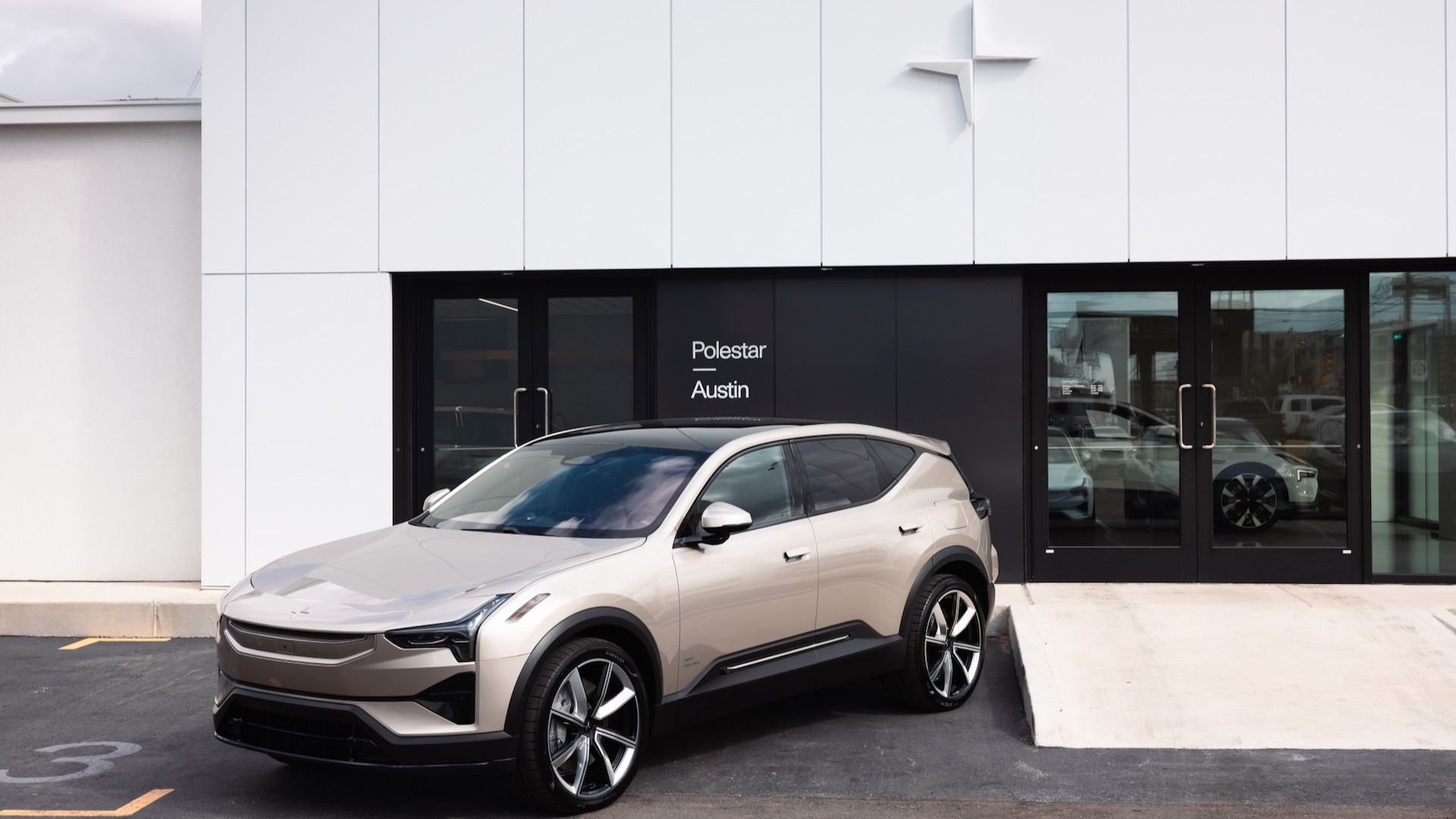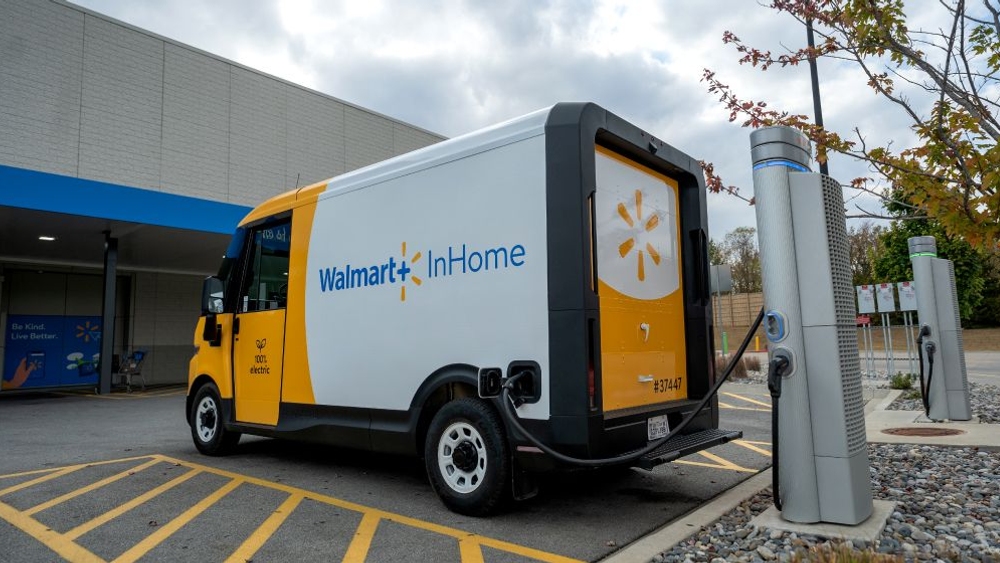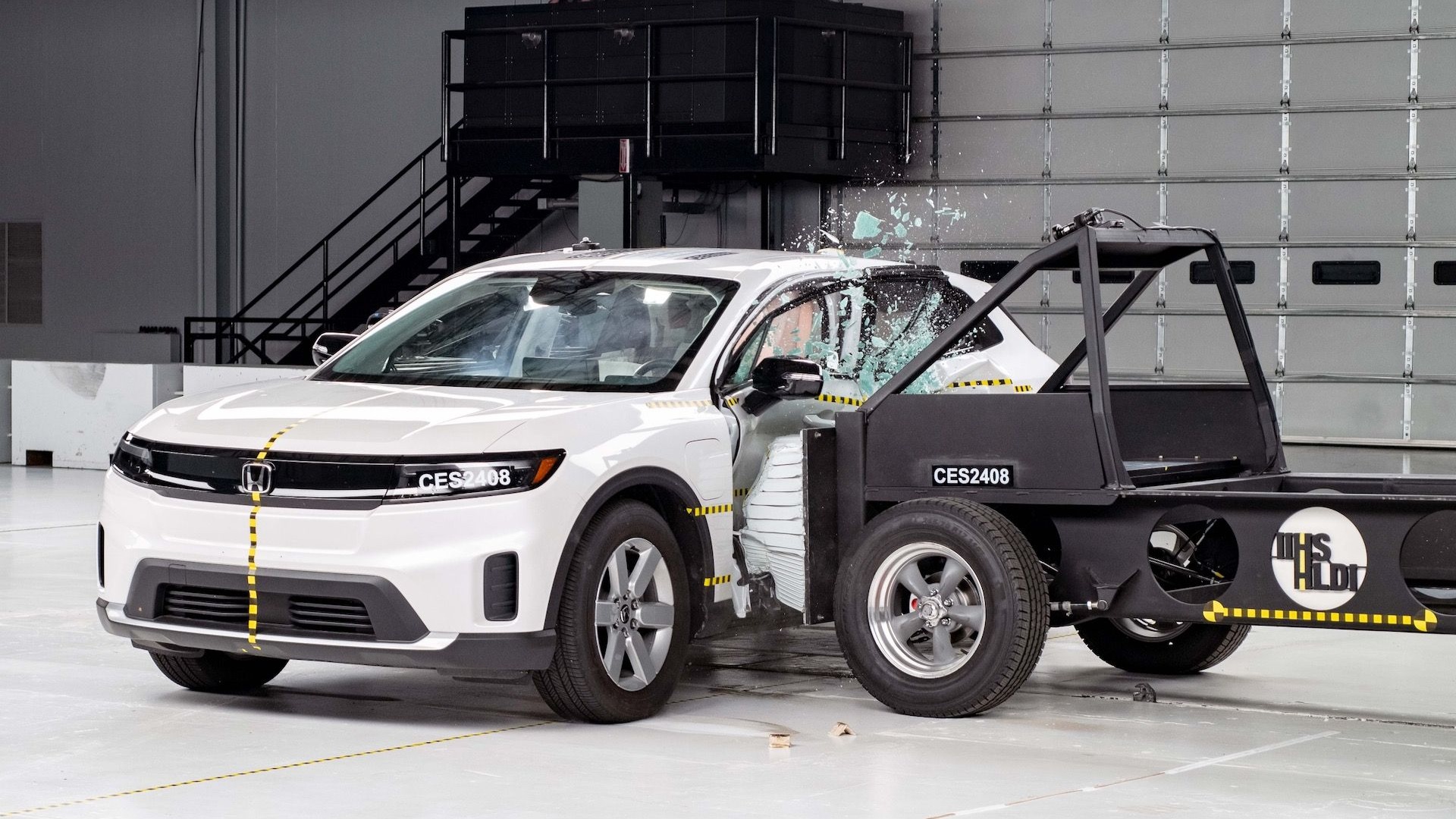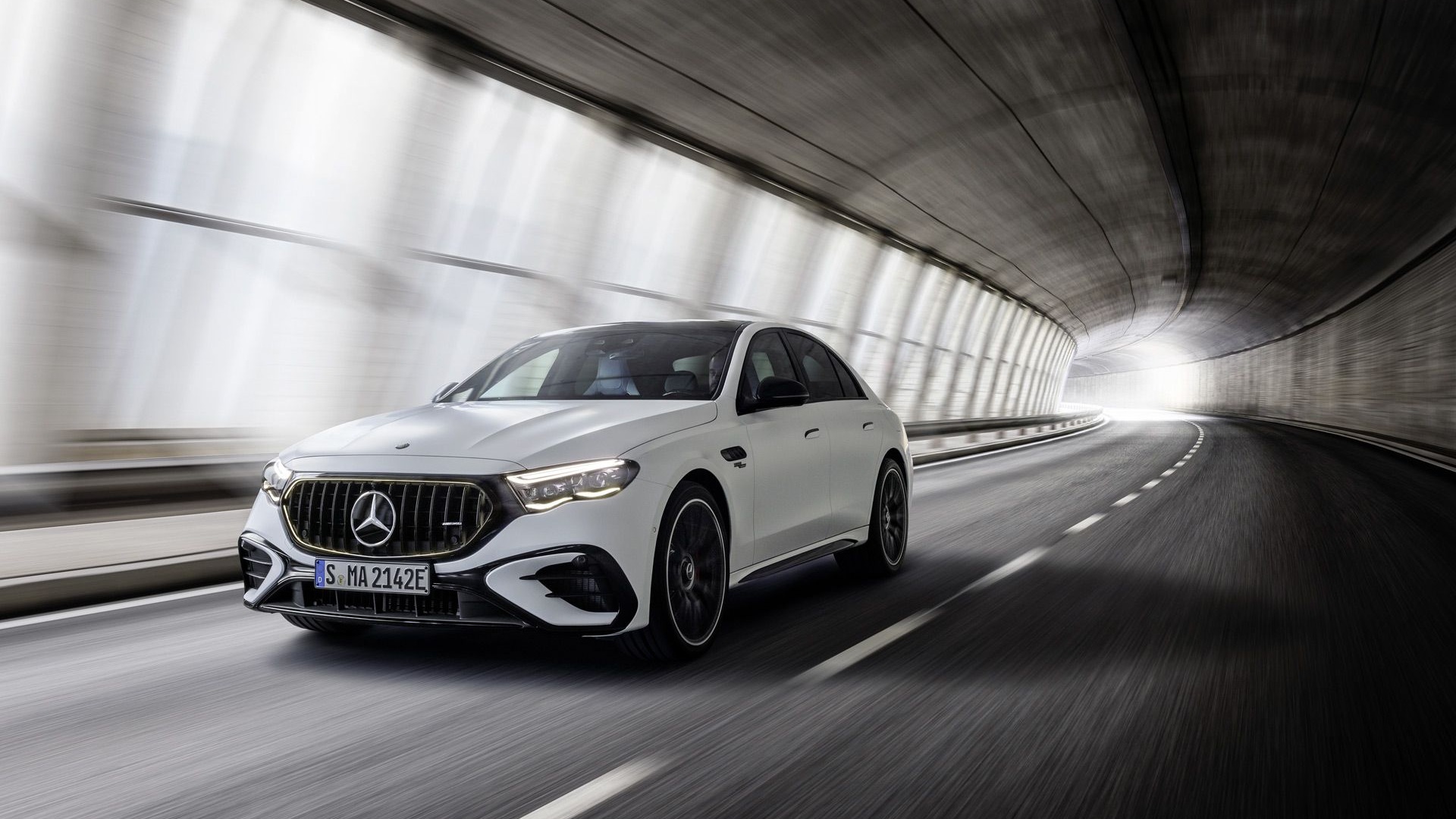The end of life programs and recycling of batteries that provide motivation for hybrid and electric vehicles is a concern for many individuals. As high tech batteries find their way into more and more vehicles, the concern grows. What will become of all of these batteries a decade from now? Where will they go? Can they be safely stored and disposed of?
Many of these questions will remain unanswered for some time. Until recyclers and battery manufacturers directly deal with the end of life possibilities for high tech batteries in automobiles, we cannot be certain as to the impact that such an abundance of batteries will have.
However, just days ago there was an unexpected fireworks display in British Columbia showing the results of what can happen with lithium-ion batteries when something goes wrong.
Only one lithium-ion recycling facility exists in all of North America and its located in British Columbia, Canada. The facility, owned by Toxco Waste Management, experienced a series of explosions last Saturday which created an impressive fireworks display for 45 minutes with smoldering continuing for an additional 24 hours. The li-ion recycling facility remained standing and nobody was injured, but this display certainly opens one's eyes to the potential danger involved with recycling li-ion batteries.
Firefighters on scene could not dose the flames with water as usual due to lithium's reactivity with water. The blaze produced emissions of sulphur dioxide and lithium hydrogen, but officials with Toxco state that, "The fire did not result in any negative impacts to the environment of the surrounding area." The air quality within the region of the blaze is being evaluated by Environment Ministry officials for potentially dangerous chemicals, but they believe that the air quality has not been adversely affected.
The Toxco facility currently recycles batteries used in laptops, cell phones, and other electronic devices. The batteries are held in bunkers maintained at -324 degrees fahrenheit, supposedly rendering the chemicals inert. The cause of the blaze is unknown at this time, but the dangers associated with li-ion recycling is now apparent.
Toxco plans to add additional li-ion recycling capability to their existing plant in Ohio and has signed a recycling agreement with Tesla Motors. The volatility of such batteries and the abundance in which they will be in use in EVs in the near future is cause for concern. Correct recycling procedures and strict adherence to recycling guidelines should lead to safe storage of the potentially dangerous batteries.
Source: Globe and Mail












